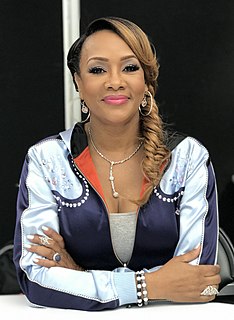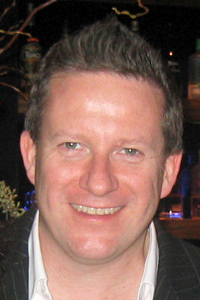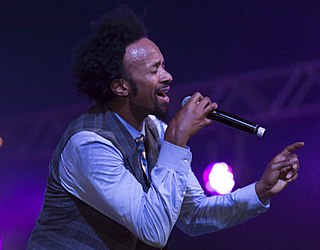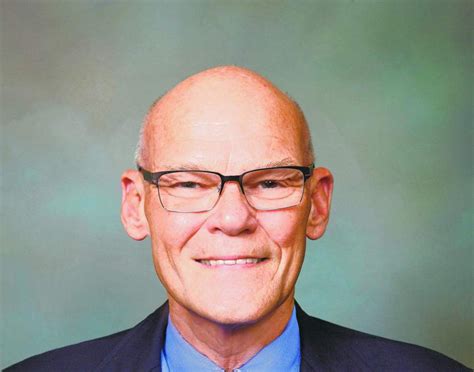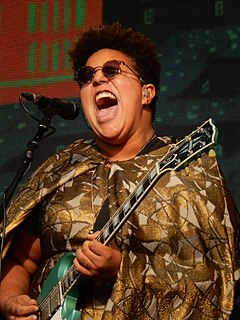A Quote by William Regal
Sometimes, you know how good certain people are and then you actually get to see them have the kind of matches you know they can have in front of an audience that isn't used to seeing that. Then, in a few minutes the audience is on the edge of their seats, just through the sheer craftsmanship of their abilities.
Related Quotes
An audience will let you know if a song communicates. If you see them kind of falling asleep during the song, or if they clap at the end of a song, then they're telling you something about the song. But you can have a good song that doesn't communicate. Perhaps that isn't a song that you can sing to people; perhaps that's a song that you sing to yourself. And some songs are maybe for a small audience, and some songs are for a wide audience. But the audience will let you know pretty quickly.
You know when sometimes you meet someone so beautiful — and then you actually talk with them, and five minutes later they're as dull as a brick. But then there's other people, and you meet them and you think: "Not bad, they're okay," and then you get to know them, and their face sort of becomes them, like their personality's written all over it; and they just — and they turn into something so beautiful.
You see, what is my purpose of performance artist is to stage certain difficulties and stage the fear the primordial fear of pain, of dying, all of which we have in our lives, and then stage them in front of audience and go through them and tell the audience, I'm your mirror; if I can do this in my life, you can do it in yours.
You see, what is my purpose of performance artist is to stage certain difficulties and stage the fear the primordial fear of pain, of dying, all of which we have in our lives, and then stage them in front of audience and go through them and tell the audience, 'I'm your mirror; if I can do this in my life, you can do it in yours.'
The audience's imagination will do a better, more personalized version of the horror than you can actually paint. So that just, you know, with something like "The Blair Witch Project," which is, you know, whatever, it's 89 minutes of people running through the woods and one minute of, you know, a guy standing in a corner.
Don't let a single comic moment pass you by; then help the audience get the laughs. Give them permission to laugh by holding for laughter and by letting them know early on what they're in for. In the first few moments, the audience is gathering information, looking at the scenery and costumes. Create a comic moment as soon as you can.
A puppet, for example, is just a piece of wood, a couple of rivets, but put them together, and if you know how to do it, and the audience's imagination joins in with this, then a miracle will come out of that machine. That is what we and the audience do in the theatre - we create miracles in that space.
You play with the audience, and they play back with you. They get into it, and then everybody gets into it. I don't want to be like a monkey on stage and just go through the motions because then it wouldn't be fun anymore. I just pay attention to the audience and appreciate the fact that somebody wants to see us. That gets me psyched.
It doesn't matter who's directing, or who's doing the movie; there are a ton of things that can go wrong, and they do all the time. So you just have to figure out how to get through it, and then how the director finally puts it together, and then see what the audience takes from it. That's the most important thing to me.







